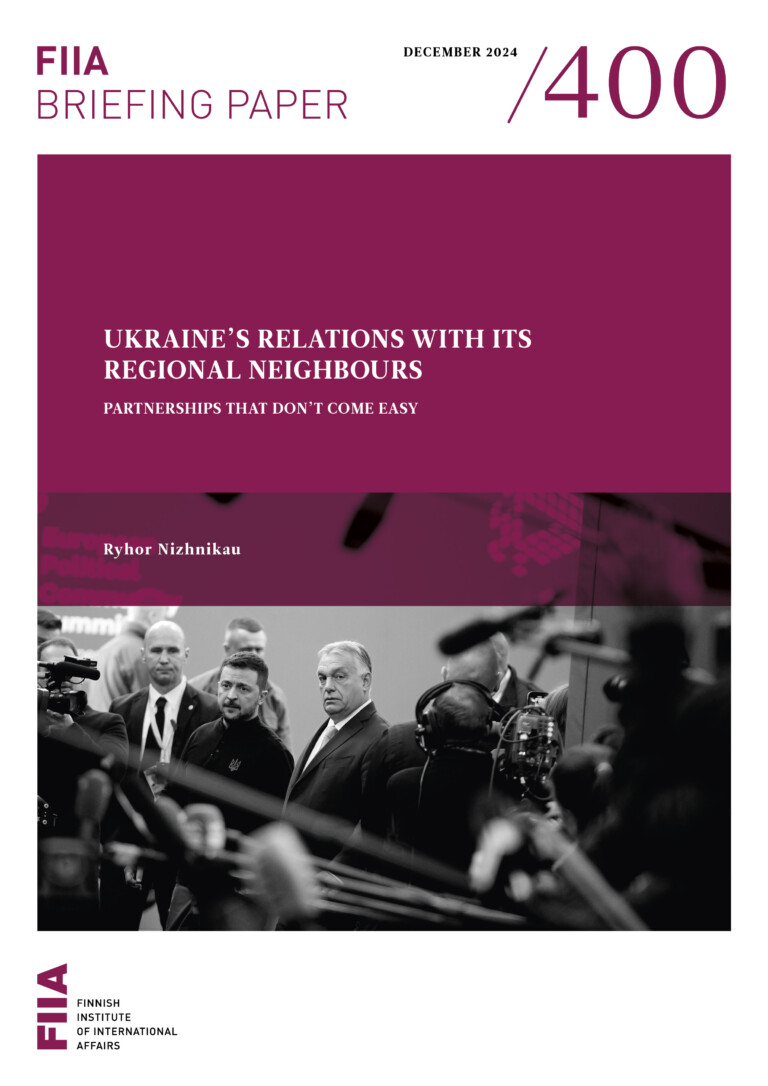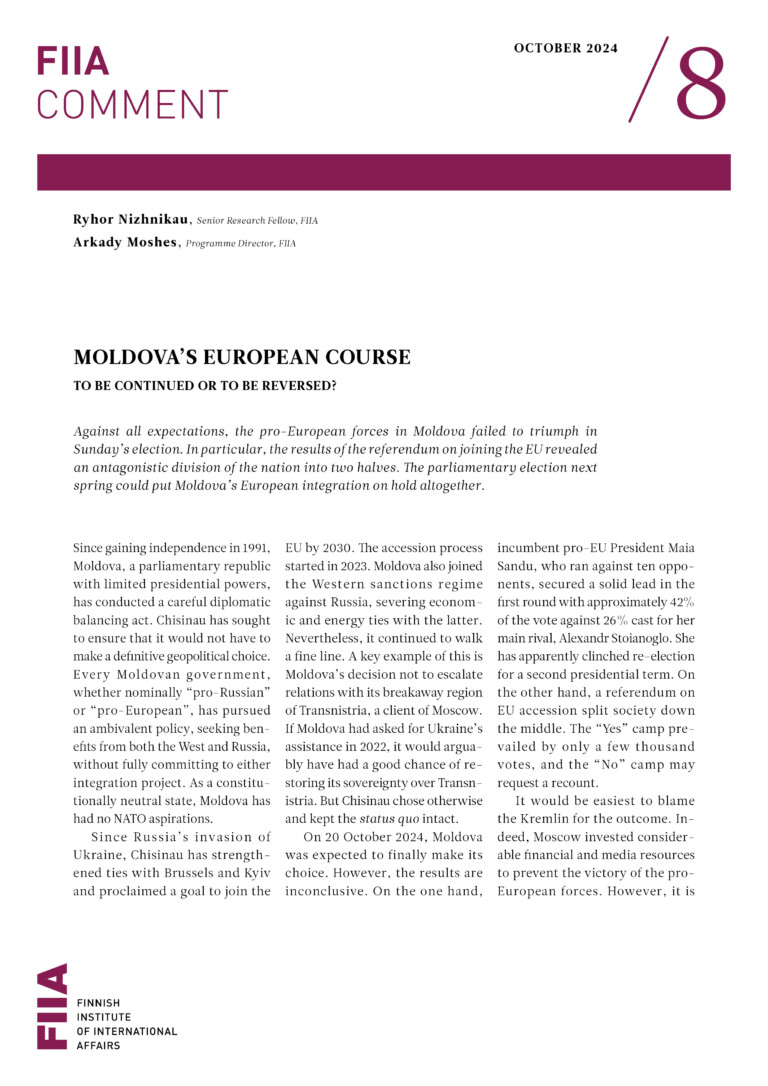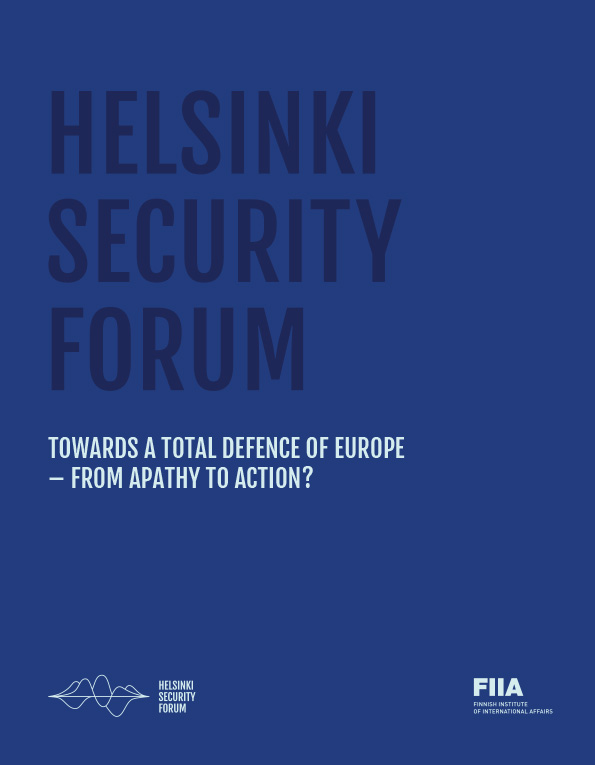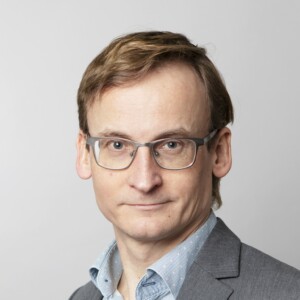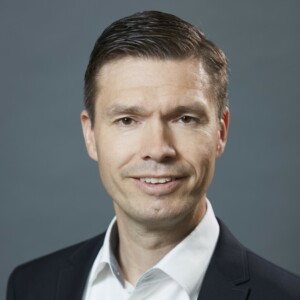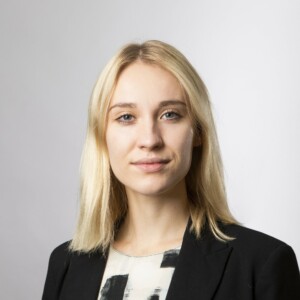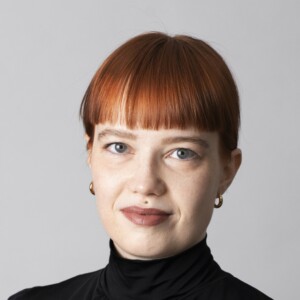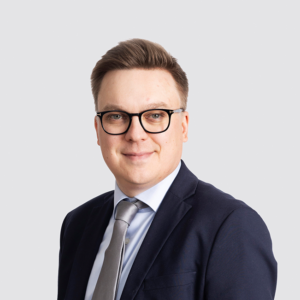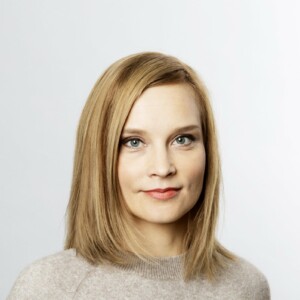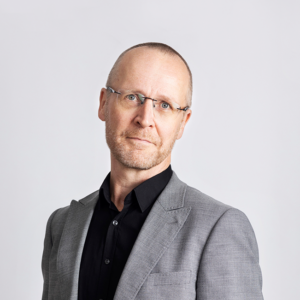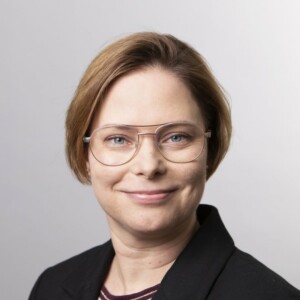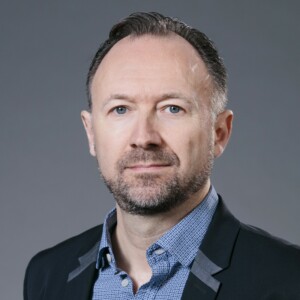The events of December 2011 have transformed Russia. The massive protests against the fraudulent parliamentary elections demonstrated that the pattern of passivity and acquiescence towards the system of “managed democracy” was eroding and that the threshold of fear had been overcome.
The authorities had to react. In his address to the Russian Federal Assembly on December 22 President Dmitri Medvedev announced several steps to amend the country’s political system, albeit too moderate and belated to serve as a basis for real reform.
Yet, Vladimir Putin, Russia’s current prime minister, is most likely to return to the presidential post he held between 2000 and 2008. His ratings are falling, but he may still count on being re-elected in March thanks to a number of fundamental factors.
First, the regime is in control not only of the unlimited financial and media resources, but, more importantly, of the machinery for falsification, recently galvanized into action. Putin’s loyal ally Vladimir Churov, the chairman of the Central Electoral Commission, dubbed a “magician” by Medvedev, can certainly perform multiple “tricks” when it comes to vote counting, while the Russian law is inscribed in such a way that makes the overall revision of election results through the courts practically impossible.
Second, Putin can rely on the implicit cooperation of the so-called “systemic” opposition, which was the main beneficiary of the protest vote. While eagerly speaking about “stolen elections”, none of the three opposition parties represented in the State Duma – the Communists, the “Just Russia” party and the Liberal Democrats – would go as far as to reject the mandates, which could have been the ultimate sign of non-recognition of the election results. Instead, they rushed to divide the committee positions and other sinecures in the parliament which the ruling “United Russia” party was willing to concede. Fully aware of the fact that their official leaders are too weak to challenge Putin at the polls, they nevertheless did not have the courage to field new faces as candidates.
Meanwhile, and third, the so-called “non-systemic”, or street opposition, is facing a slew of problems. True, it is becoming better organized, but it nevertheless has difficulty forming a consolidated leadership and converting a movement against into a movement for. The tide of protest cannot stay high forever. Sooner or later, many meeting participants will return to their offices, classes and Facebook chats. Non-violent in essence, the current Russian opposition rejects the language of force, which the authorities may perceive as a sign of weakness.
In this situation, a good scenario for the country would be Putin’s failure to win in the first round. This could send a strong message to the incoming president that continuing on the path of manual rule and power centralization is no longer possible. Competitive politics would then have to return to Russia. Accountability to the people could eventually replace loyalty to a boss – the top boss above all – as the main principle of governance and the selection of officials.
Repeatedly, however, such an outcome has been nothing more than wishful thinking to date. The return of a slightly shaken, but otherwise familiar Putin is more likely for the time being.
And this is exactly where the problem lies. The country is changing quickly, and Vladimir Putin does not seem to know how to address it. The beginning of his election campaign showed that he had neither a new convincing message nor a platform. His televised speeches were a remix of anti-corruption rhetoric, anti-Westernism, and appeals to preserve stability.
So far, so good. But does it really come as a revelation when the two-time president and two-time prime minister states, for instance, that the Russian energy sector is run by corrupt and predatory circles through various offshore schemes? It would be strange if this were the case because it certainly doesn’t come as news to anybody who follows the media reports, or simply lives in the country. And if Putin were indeed fully cognizant of the fact, then where is the guarantee that the person who has been presiding over the colossal spread of corruption in Russia during the last twelve years will be able to successfully combat it in the future?
Will the voters be willing to accept the statement that the West is a threat to Russia and the protesters are its mercenaries, when no secret is made of the fact that the Russian ruling elite – Putin’s elite – lodge their money, property and often their families in that same West?
The stability argument may still resonate – providing the state coffers remain brimming with oil revenues and no new taxes on middle-income people are introduced. But what to say to those who are not happy with the “stability”, which they see as stagnation, and who want more – namely progress, or, in other words, a better future for themselves and their children?
These questions – perhaps more than economic uncertainties in a time of global crisis or social ills – undermine the legitimacy of Putin’s next presidential term. And the legitimacy of power is of key importance for a country as rich and educated as Russia. Russian history teaches that once it is lost – in the capital cities first of all – the departure of the regime becomes a question of when, not if.
It is amazing to watch the events unfold. Several months ago it seemed that Vladimir Putin was all set to commence another twelve-year stint in power. Now very few analysts would subscribe to the view that he will be able to serve even one presidential term without major disorder in his system of governance.


